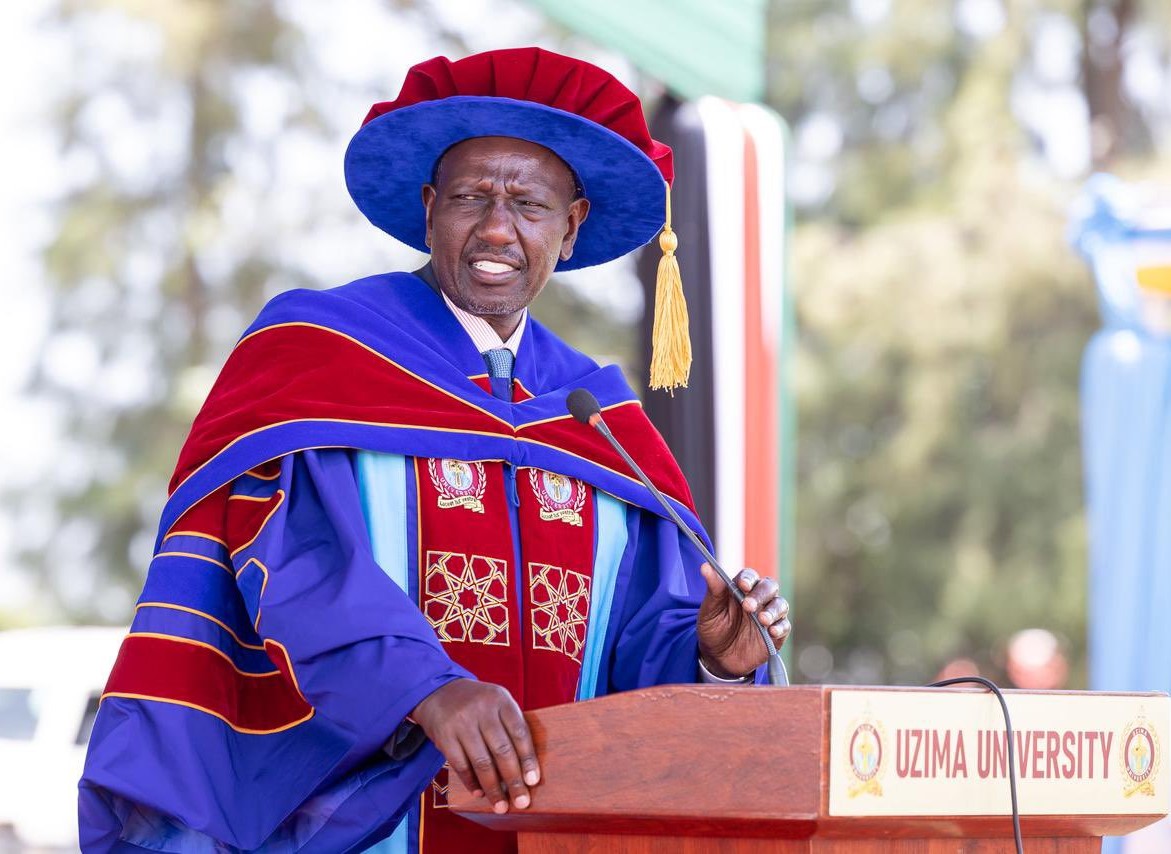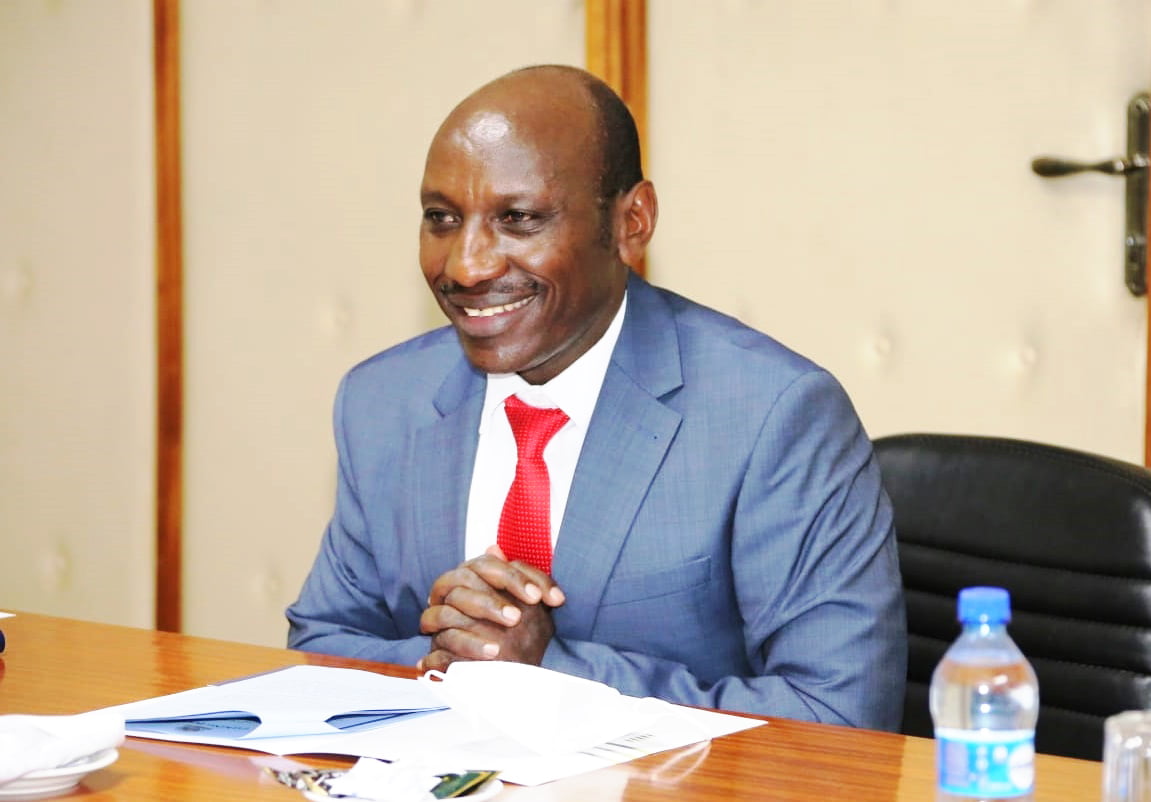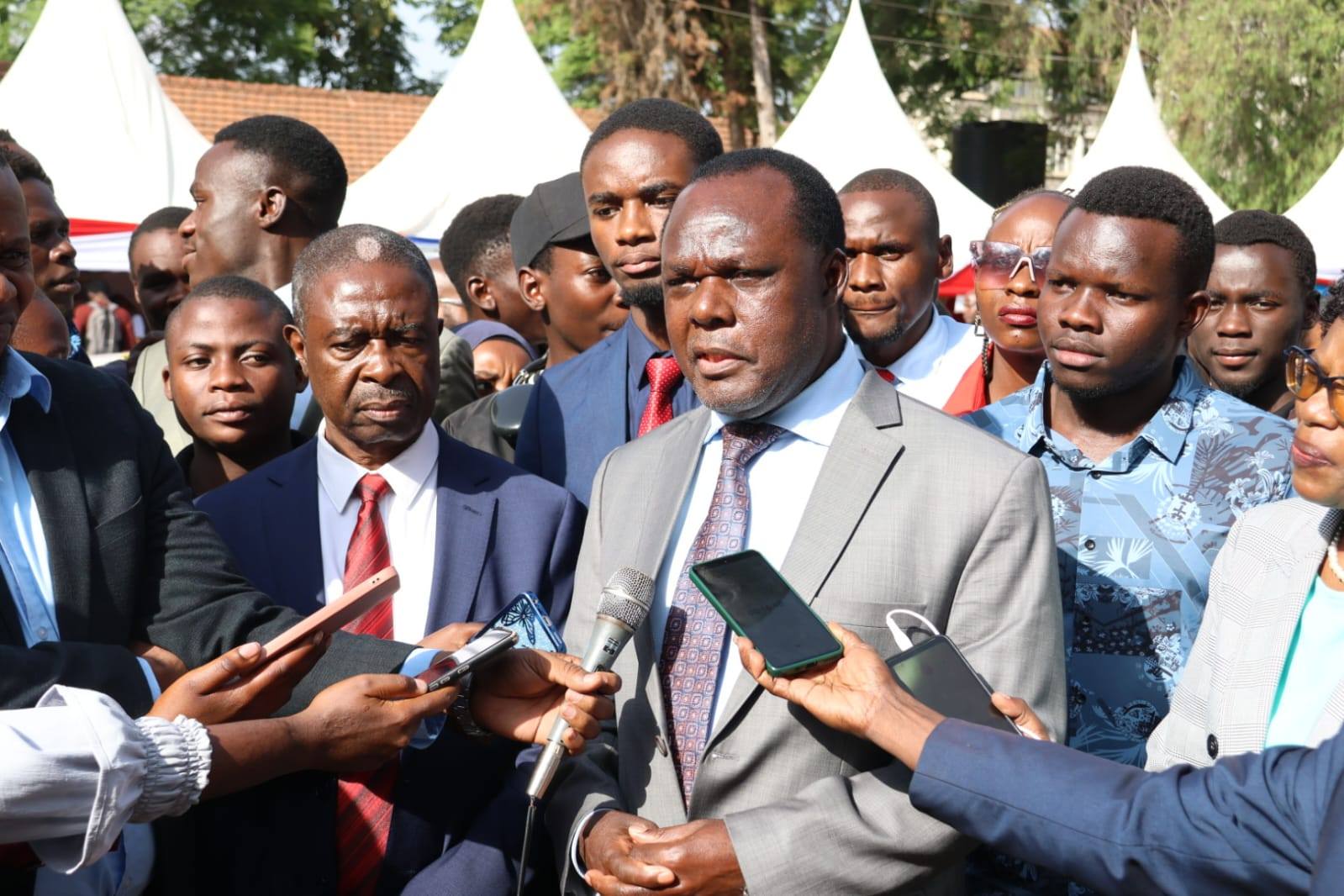By Macharia Kiarie
In an era where internationalization plays a pivotal role in shaping the realm of higher education, universities in Africa stand at a crossroads. The region, known for its rich cultural heritage and diverse terrain, is grappling with a myriad of challenges that hinder its progress towards global recognition.
Lack of clear policies and guidelines, inefficiencies in the organizational structure of internationalization, financial constraints, inadequate infrastructure, and equipment, as well as deficiencies in scientific, skill, and language competencies are some of the challenges. Cultural differences, non-reciprocal relationships, and a persistent brain drain further compound the difficulties faced by academic institutions in the region.
To address the gap between national demands and global standards in African universities, different heads of international offices from 10 universities in Africa successfully concluded the Dialogue on ‘Innovative Higher Education Strategies (DIES) Workshop’.
This intensive skilling programme aimed at equipping the participants with the necessary skills to cultivate an international outlook and effectively manage global processes in higher education.
According to the director of the international office at the Leibniz University of Hannover and the coordinator of DIES, DR. Birgit Barden, the initiative aims to elevate African universities to global acclaim, attracting students worldwide — a strategic move that will position African institutions for international recognition and prominence in the academic arena.
“We have been conducting a training course of management of internationalization to leaders of different faculties and administration in international offices, we are equipping them with skills on how to improve the management structures that will help link their home universities with globally competitive universities, after the training they incorporate the acquired skills in their universities,” she said.
Dedan Kimathi University of Science and Technology (DEKUT), Deputy vice chancellor Esther Magiri, said that the training is vital for African universities since the institution needs exchange programmes and collaborations on new technology with other universities.
“With strategic partnerships, African universities can position themselves at the forefront of academic advancements, fostering growth and development within higher education and also increase their global ranking,” she said.
According to the head of the international office at DeKUT Dr. Ann Karugumi, they want to incorporate an international aspect into the curriculum education services offered in African universities to enable students to do a course in Kenya and complete it in other universities.
“We want students to global citizens where students can study in any university in Africa and compete with students from other universities worldwide,” she said.






